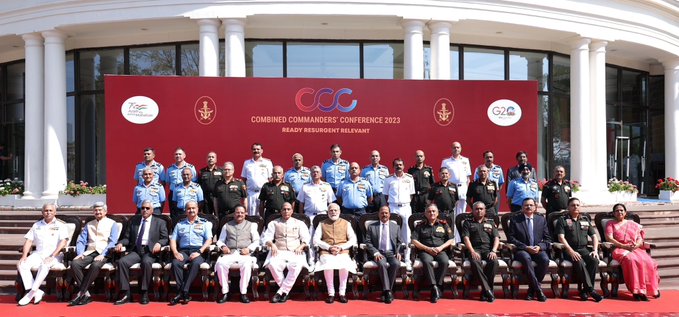
New and Emerging Security Threats
Tue, 04 Apr 2023 | Reading Time: 4 minutes

On 01 Apr 2023, at Bhopal, Hon’ble Prime Minister Sh Narender Modi said they should be ready to tackle new and emerging security threats while addressing the Combined Military Commanders’ Conference. He assured that the Government of India is taking all the steps to equip India’s Armed Forces with the required weapons and technologies. He recognised the vital role played by the Armed Forces in Nation Building and facilitating Humanitarian Assistance and Disaster Relief (HADR) to various countries and within India. This combined military conference is a biennial feature wherein India’s top military brass meet to discuss the different threats concerning national security.
The PM also reviewed the security situation and operational readiness of the Armed Forces. He was briefed by the Chief of Defence Staff, General Anil Chouhan. The discussion was mainly held on important issues such as theaterisation, data digitisation, absorption of Agniveers, cyber security, social media challenges, self-reliance in defence etc.
In a significant development, the scope of the conference was expanded this year, in which a few multilayered and interactive sessions were conducted wherein a few soldiers from the Armed Forces also participated in these discussions. Feedback was sought from the units on various issues, such as changes required in multiple tactics, techniques, and procedures. These issues were deliberated upon. This time the conference’s theme was ‘Ready, Resurgent, Relevant’.
This year the conference was held in the backdrop of the ongoing Ukraine-Russia conflict and stand-offs between India and China at the Line of Actual Control (LAC) in eastern Ladakh. India faces several national security challenges, both domestic and external. Some of the significant national security issues in India are:
- Terrorism: India has been a victim of terrorism for decades, with attacks carried out by domestic and international terrorist organisations. The threat of terrorism remains a major national security concern, particularly in areas like Jammu and Kashmir, where Pakistan-backed terrorist groups continue to operate.
- Border Disputes: India shares borders with several countries, and disputes over these borders have led to tensions and conflicts. The most contentious of these disputes is with Pakistan and China.
- Cybersecurity: With the increasing dependence on technology and the internet, cybersecurity has become a severe national security concern. India is particularly vulnerable to cyber attacks due to many internet users and the growing IT sector.
- Internal Security: India faces several internal security threats, including insurgency movements, communal violence, and organised crime. These threats are particularly acute in areas like Jammu and Kashmir, the Northeastern states, and some parts of central India.
- Economic Security: India’s economy is an integral part of its national security, and threats to its financial stability, such as inflation, corruption, and economic espionage, pose significant risks.
India faces a range of national security challenges, and addressing these challenges will require a comprehensive and coordinated approach by the government, the military, and other security agencies. The present geopolitical situation is complex and dynamic, with many significant trends and issues shaping the international landscape. Here are some of the critical factors that are currently influencing the geopolitical situation:
- Great Power Competition: The rivalry between the U S and China is one of the most significant drivers of the present geopolitical situation. As China becomes a significant global power, it challenges US hegemony in various regions, including the Indo-Pacific.
- Regional Conflicts: Several ongoing regional competitions are impacting the geopolitical situation, including the war in Syria, the ongoing tensions between Israel and Palestine, and the conflict in Ukraine.
- Rise of Nationalism: Nationalism and populism are rising in many countries, fueling tensions and divisions within and between nations. This trend is particularly evident in Europe, where right-wing populist movements have strengthened recently.
- Climate Change: Climate change is a significant threat to global stability and is likely to exacerbate existing geopolitical tensions as countries compete for resources, struggle with migration flows, and deal with the consequences of extreme weather events.
- Pandemic Response: The COVID-19 pandemic has significantly impacted the geopolitical situation, with countries competing for access to vaccines and medical supplies and the global economic recovery remaining uncertain.
In a nutshell, the present geopolitical situation is characterised by many significant challenges and uncertainties, with ongoing great power competition, regional conflicts, and global threats such as climate change and pandemics. Threat to the country’s national security is a subject of tremendous and inmost concern not only to the Armed Forces members or political leadership but also to every citizen of this nation, irrespective of occupation. While those bestowed with the responsibility of making provisions to meet the security threats must study and follow their development very closely, every citizen must be aware of these threats, their development and their consequences. War today is no more confined to a clash between two militaries in isolation. However, it involves the entire nation in various political, economic, and social spheres. Therefore, it affects all sections of the population in their efforts toward building defence and fighting the wars. People are emotionally involved in all threats to national security. Thus, all people should have a fair understanding of the threats to national security. This will also help them understand the reasons for the substantial budget allocation for the country’s defence.
We can learn from history that there is no scope for slackness as far as national integrity and national security are concerned. We often get carried by prevalent favourable security situations and bilateral relations with other nations, which creates a false sense of security. Such a feel-good factor may be shallow and not withstand turbulent and evolving geopolitics. And shocks and surprises come with hefty prices. Therefore it is necessary to carry out the realistic threat perception of national security and action initiated timely to plug the gaps.
It is said that comprehensive and requisite defence preparedness is a deterrent to any armed conflict. It is essentially required to face and defeat any security threat. This deterrence should also make our adversaries liable to pay if an attempt is made to challenge our national integrity and sovereignty at any stage. Our defence preparedness is successful if it is a deterrent to our adversary; otherwise, it does not. In India, national power is ultimately manifested through the Armed Forces as it ensures security against any foreign threat.
Disclaimer
The opinions expressed in this article are the author’s own and do not reflect the views of Chanakya Forum. All information provided in this article including timeliness, completeness, accuracy, suitability or validity of information referenced therein, is the sole responsibility of the author. www.chanakyaforum.com does not assume any responsibility for the same.
Chanakya Forum is now on . Click here to join our channel (@ChanakyaForum) and stay updated with the latest headlines and articles.
Important
We work round the clock to bring you the finest articles and updates from around the world. There is a team that works tirelessly to ensure that you have a seamless reading experience. But all this costs money. Please support us so that we keep doing what we do best. Happy Reading
Support Us





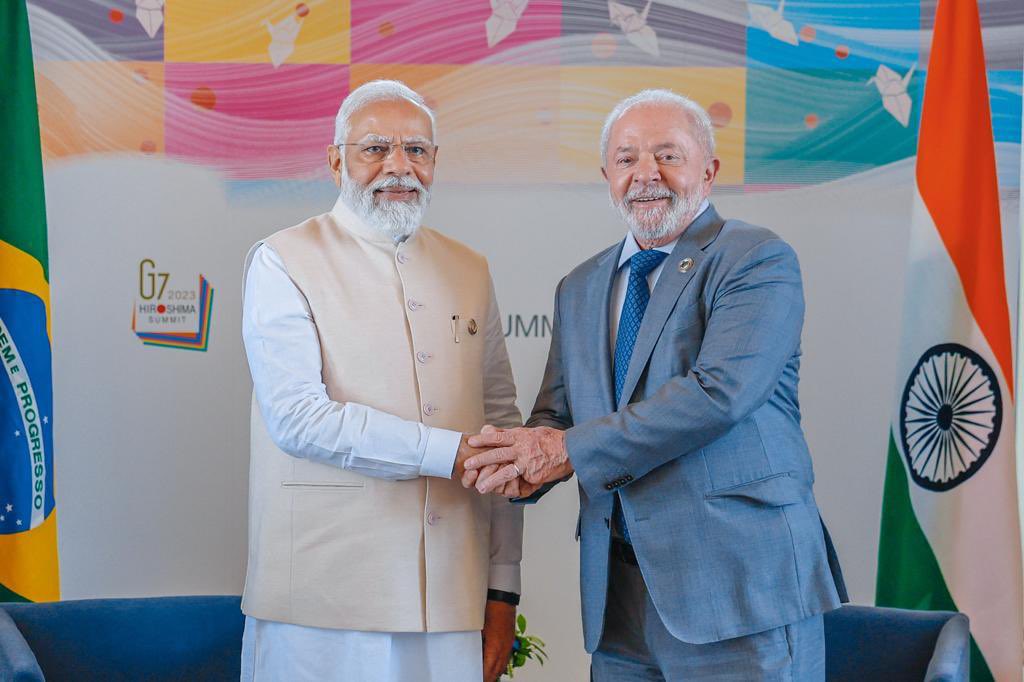

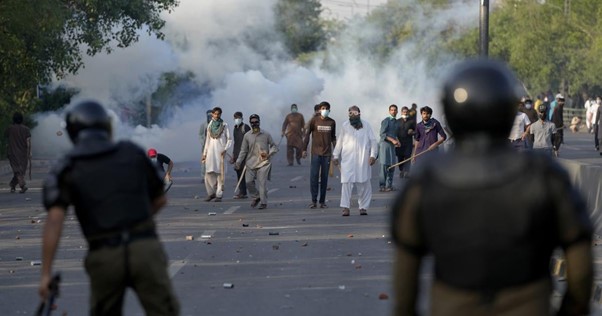

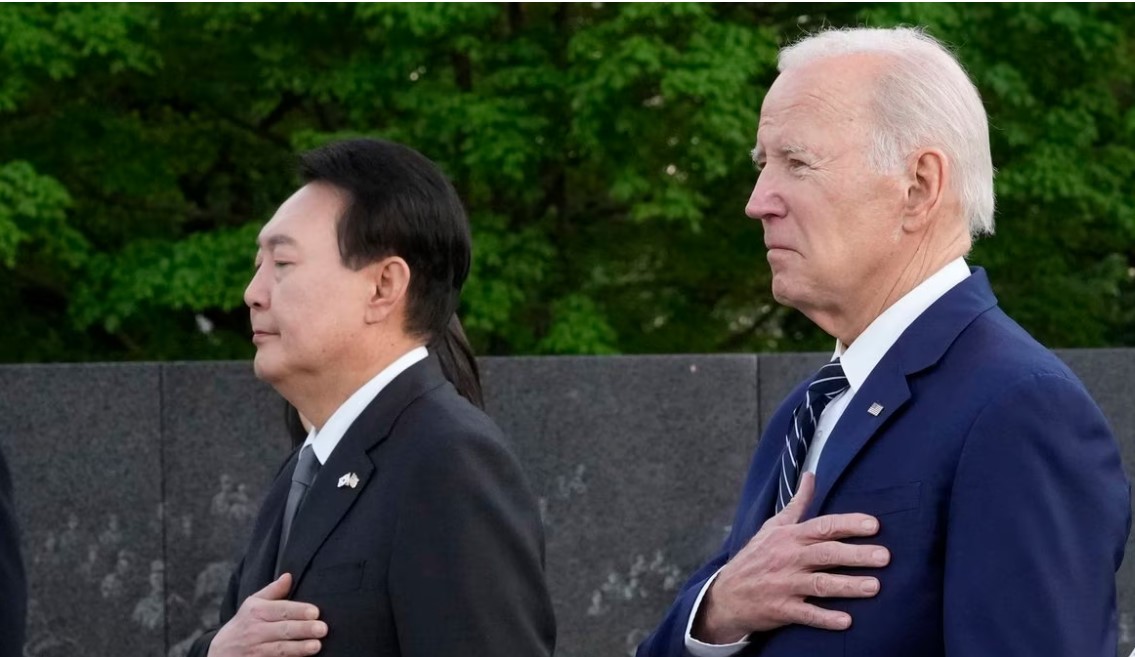


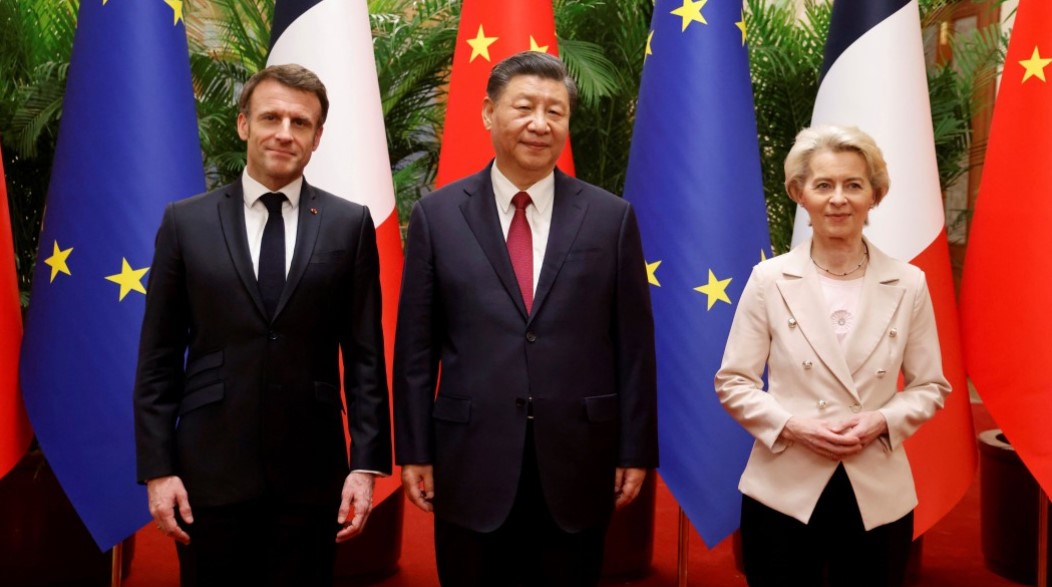







POST COMMENTS (1)
Kalidan Singh